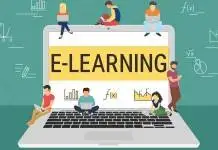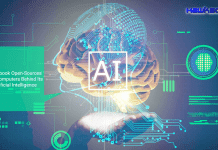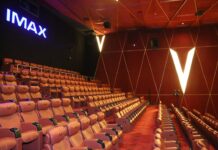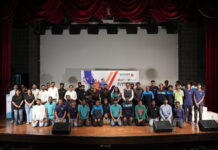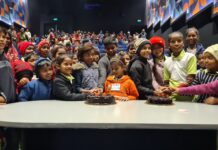In the 21st century, while technological advancements have disrupted the world, learning in virtual reality (VR) is making waves within education across the globe. With VR, students are taking virtual field trips to outer space, observing the molecular structure of human anatomy, and exploring the Eiffel Tower from the confines of their schools and homes. The life-like environment that VR offers presents an entirely new way to observe our surroundings, learn new concepts, and explore far-off realms considered relatively inaccessible due to physical limitations. Now imagine the wonders VR can do in special education classrooms, where students face significant challenges in various aspects of their daily lives, including education, social performance, and personal relationships.
How VR can make a difference
Students with special needs require a different approach to learning, which can be provided effectively via VR-based technology. By leveraging VR technology, education can be delivered in a more efficient way than ever imagined, offering learners of all kinds to be in more control of their own learning through autonomy, and self-paced, self-directed learning environments. Removing distractions, as VR does, promotes focused concentration on the topic at hand, and the security of a pressure-free, judgment-free environment. That students actively seek out a chance to learn inside VR means that motivation is drastically increased, and student affect is lowered. These are fantastic conditions for anyone to successfully learn within.
Overcoming physical barriers
Imagine an individual in a wheelchair enjoying surfing in a virtual environment! The joy and thrill of being able to do something that is physically impossible, can be an empowering experience. For some differently-abled learners, physical impediments may limit their ability to learn certain concepts in a classroom. A 3D-simulated environment in VR can help them access relatively unattainable learning experiences as they get an opportunity to navigate a virtual environment, autonomously.
A safe space for learners
Many learners with physical or mental challenges may take longer to get acquainted with a social environment, and might feel uncomfortable in a social setting such as a classroom. With VR, there is an opportunity to learn in a non-threatening environment. A virtual environment that imitates real-life offers a safe space for learners, thereby fostering a healthy relationship with learning.
Allows self-paced learning
VR-based immersive and experiential learning helps to create a deeper level of engagement with target topics. The learning process involves virtual experiences which can be performed at one’s pace, in a self-directed environment. If students don’t understand a concept the first time, VR allows them to go through it as many times as they want, till they are familiar with it.
Also Read: Quotes around World Youth Skills Day 2022
Improves social skills and enhances self-esteem
Certain VR learning modules allow users to interact with real or virtual avatars in situational, life imitating settings. This provides learners with different abilities a chance to explore social opportunities they may not typically find in classrooms, allowing them to build social skills confidently by interacting with avatars. Learners may have an option to select an avatar, or animated character, to represent them in the virtual reality environment, allowing them to picture themselves without the limitations of their own bodies.
Learning cannot be confined to the classroom. With the help of simulated learning, educational institutes can provide students with a whole new learning experience that is practical and personal. By integrating VR into classrooms, it is possible to make education more inclusive. VR-based learning ensures high retention rates owing to multimodal exposure to simulation, as compared to traditional ways of learning in classrooms. This also helps in boosting a child’s imagination and creativity. VR-led environments offer a world of opportunities waiting to be explored.
Visit EasyShiksha for skill development













